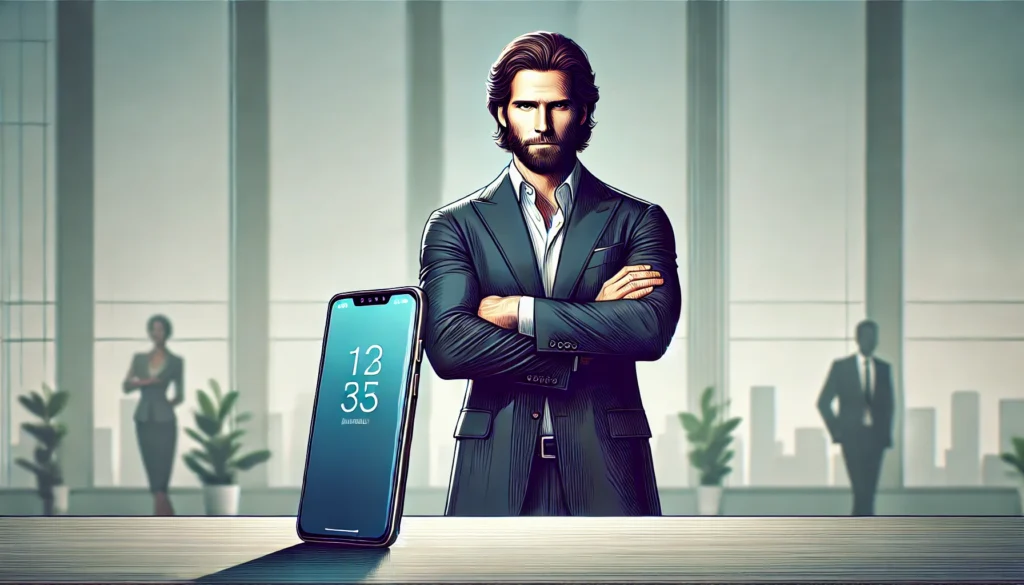In an age where smartphones have become an extension of our hands, Hollywood actor Woody Harrelson is bucking the trend. The 62-year-old star recently shared his unconventional stance on mobile devices during an interview on SiriusXM’s “Where Everybody Knows Your Name” podcast, hosted by Ted Danson.
Harrelson, known for his roles in critically acclaimed films and television series, revealed that he hasn’t carried a cell phone for the past three and a half years. This decision, he explained, stems from a desire to be more present in his daily life and to avoid the constant connectivity that modern technology demands.
During the podcast, Danson playfully accused Harrelson of being a “bully” who makes others carry his phone for him. While Harrelson admitted this wasn’t entirely accurate, he acknowledged his complicated relationship with mobile devices.
“Well, I just don’t like to have, you know, to be readily available to any human being at any time,” Harrelson stated, highlighting one of the main reasons for his decision to go phone-free. This sentiment resonated with fellow guest Kristin Bell, who agreed that constant availability “doesn’t feel good.”
However, Harrelson was quick to clarify that availability wasn’t the sole reason for his choice. “I like to be in touch with people in a way, but I don’t like the appendage on my appendage,” he explained, referring to the physical presence of a phone always at hand.
The actor went on to describe his previous attempts at limiting his phone usage before ultimately deciding to give it up altogether. He recalled setting a two-hour daily limit on his phone use, only to find that he had often reached that limit by 9:30 in the morning. This realization led him to question the role of mobile devices in his life and their impact on his ability to be present in social situations.
Harrelson painted a vivid picture of how phone use can disrupt genuine human interactions. He described a scenario where, during a lull in conversation at dinner, one might instinctively reach for their phone, creating a barrier to meaningful connection. This observation seems to have been a turning point in his decision to forgo carrying a cell phone entirely.
The conversation also touched on the broader implications of excessive phone use, particularly in family settings. Kristin Bell shared her own experiences, noting how her children’s observations about her phone use made her more aware of its impact on their relationship. Bell recounted instances where her children would express feeling disconnected when she checked her phone, even for seemingly valid reasons.
This discussion highlights a growing concern among many about the effects of constant connectivity on personal relationships and mental well-being. Harrelson’s decision to live without a cell phone represents a radical approach to addressing these issues, one that challenges societal norms and expectations.
While Harrelson’s choice may seem extreme to some, it reflects a broader trend of individuals seeking to establish healthier relationships with technology. From digital detoxes to app usage limits, many are exploring ways to reduce their dependence on mobile devices and reclaim time for face-to-face interactions and personal pursuits.
Harrelson’s stance also raises questions about the necessity of constant connectivity in modern life, especially for those in high-profile positions. His ability to navigate his career and personal life without a cell phone suggests that alternatives to our current phone-centric lifestyle may be more viable than many assume.
As the conversation concluded, Ted Danson expressed admiration for Harrelson’s approach to technology, suggesting that it might be worth emulating. This sentiment echoes a growing recognition of the need to reassess our relationship with digital devices and find a balance that allows for both connectivity and genuine human interaction.
Woody Harrelson’s decision to live without a cell phone serves as a thought-provoking example of how individuals can challenge societal norms and make choices that align with their personal values and well-being. As discussions about digital wellness continue to evolve, Harrelson’s perspective offers a unique and radical alternative to our increasingly connected world.



